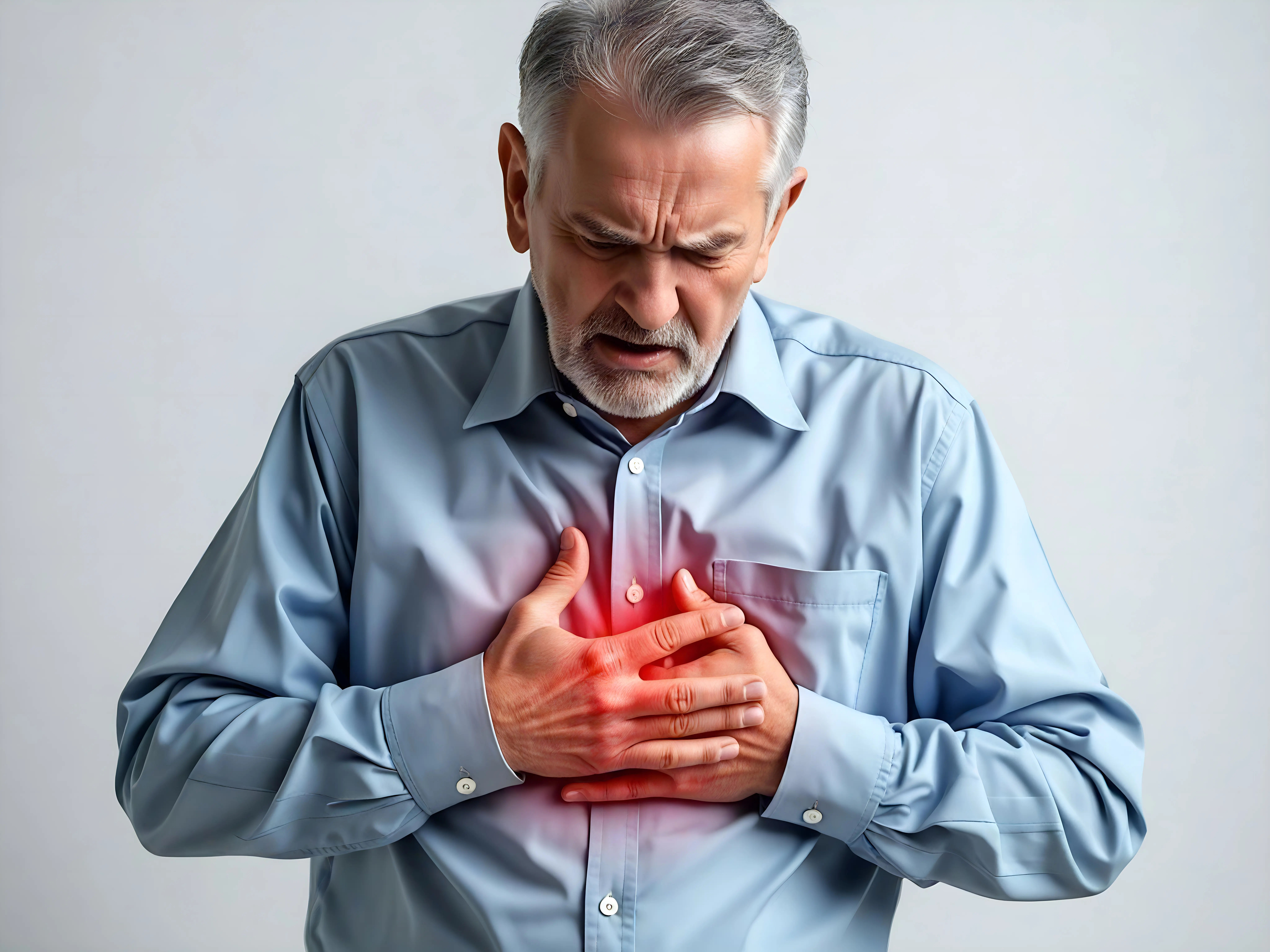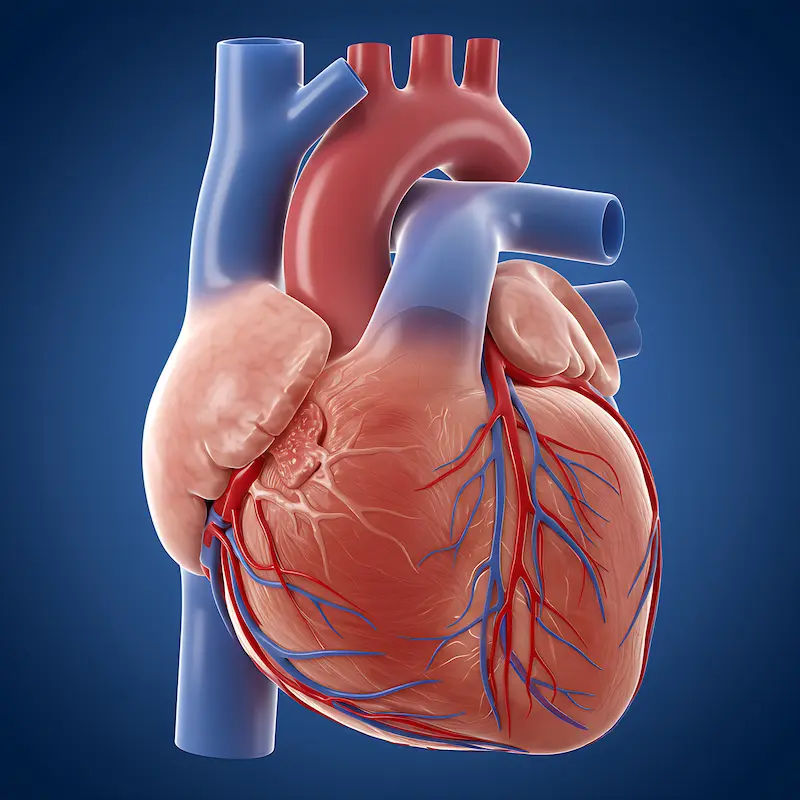- female
- 70 Years
- 22/01/2025
My grandma's been told she's got this issue with leaking valve shrinkage after she had some chest pain recently, and shes gotta get an angiography. I'm kinda worried about the risks involved with angiography at her age. If it turns out she needs surgery after the angiography, how safe and effective is that gonna be? She's got high blood pressure, but it's under control with meds. She doesn't have any other health issues. Can you help me understand what we're looking at here?
Answered by 1 Apollo Doctors
Angiography is generally a safe procedure, but like any medical procedure, it does carry some risks. The risks can include bleeding, infection, allergic reaction to the dye used, or damage to the blood vessels. However, these risks are usually low and the benefits of obtaining important information about the heart often outweigh the risks. If surgery is required after the angiography to address the leaking valve and valve shrinkage, the effectiveness and safety of the surgery will depend on various factors including the specific condition of the valve, the overall health of your Nani, and the skill of the surgical team. In general, valve repair or replacement surgeries can be very effective in improving symptoms and quality of life. With controlled high blood pressure and no other significant illnesses, the overall risk of surgery may be lower. It is important for your Nani to discuss any concerns or questions with her healthcare team, including the cardiologist and cardiac surgeon, to get a better understanding of her individual situation and the potential risks and benefits of the procedures.
Dr. Kareemulla Suggests...
Consult a Cardiologist
Answered 04/07/2025
0
0

More Cardiology Health Queries
View allI've been taking Tazloc Beta 25 for the last four years because of my high blood pressure and concentric LVH. Lately, I've been feeling dizzy all the time, dealing with weakness, having some erection issues, and frequently experiencing stomach upsets and indigestion. I'm really concerned and would love some guidance on how I can safely stop this medication without any side effects. Or if there are any alternative meds you might recommend?
It's essential to manage your blood pressure and left ventricular hypertrophy (LVH) effectively, but experiencing side effects like dizziness, weakness, erectile dysfunction, and digestive issues is concerning. Tazloc Beta 25 combines telmisartan (an angiotensin II receptor blocker) and metoprolol (a beta-blocker). Stopping or changing this medication should only be done under the supervision of your healthcare provider. Here are steps to consider: 1. Consult your doctor: Schedule an appointment to discuss your side effects and the possibility of changing your medication. 2. Gradual adjustment: Your doctor may suggest a gradual reduction in dosage to minimize withdrawal symptoms and avoid a sudden increase in blood pressure. 3. Alternative medications: Your doctor may consider other classes of antihypertensive drugs, such as ACE inhibitors (e.g., lisinopril), calcium channel blockers (e.g., amlodipine), or diuretics (e.g., hydrochlorothiazide), which might have different side effect profiles. It's crucial that any changes to your medication regimen are made under medical supervision to ensure your blood pressure remains controlled and to monitor for any potential side effects.
Answered by 1 Apollo Doctors
I'm a bit concerned after getting my Holter test results back. It says I had 17 ventricular beats in tachycardia at 100 bpm and no bradycardia, with a sinus tachycardia peaking at 162 bpm just once. The doctors mentioned this might be normal for someone who drinks and smokes, and they advised me to quit both. The test was done because of an irregular pulse. Could you help me understand what all this means and how serious it is?
The holter test report indicates ventricular beats at 17%, beats in tachycardia (>=100 bpm) at 15%, and no bradycardia. Sinus tachycardia was noted at 162 bpm (maximum only once). It is advisable to quit alcohol and smoking, as advised by your doctors. The irregular pulse may be related to these habits. To help with the irregular pulse, you can take Metoprolol (brand name: Lopressor) 25mg twice daily. This medication can help regulate your heart rate and reduce the occurrence of irregular beats. Regular follow-up with your healthcare provider is recommended to monitor your progress.
Answered by 1 Apollo Doctors
I've been experiencing this weird sensation in the middle of my chest after I do just 10 minutes of exercise. It's not really painful, but it feels like a squeezing. Do you have any idea why this might be happening? I'm a bit worried.
take one pain killer and antacid if it reduces pain then its ok. Otherwise do one ECG
Answered by 1 Apollo Doctors
Disclaimer: Answers on Apollo 247 are not intended to replace your doctor advice. Always seek help of a professional doctor in case of an medical emergency or ailment.



.webp)

